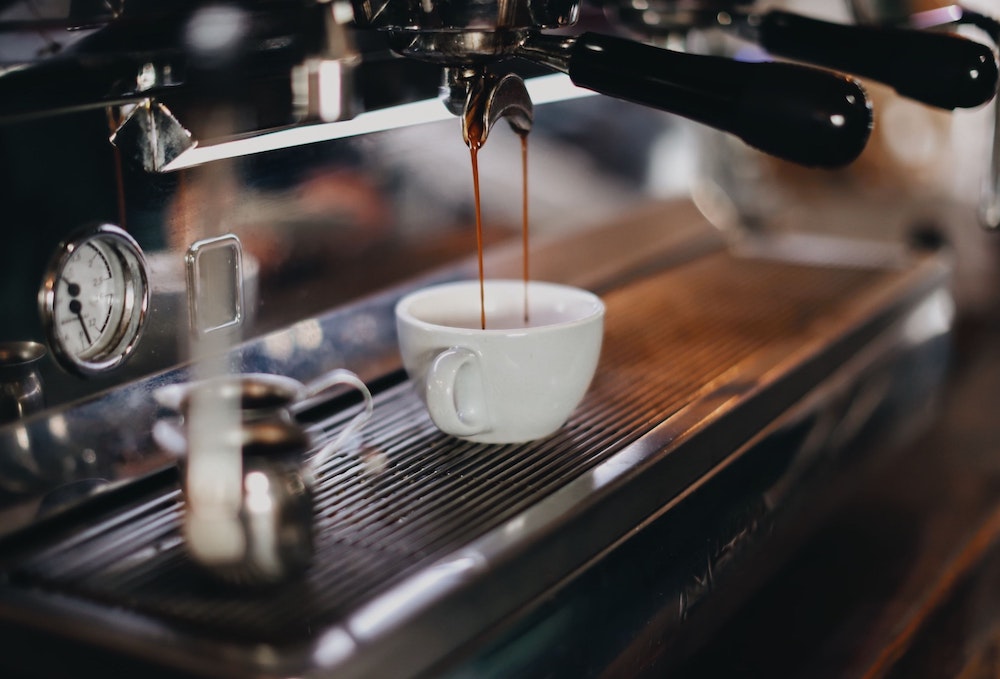If you’re a regular coffee drinker, you’ve probably experienced the effects of consuming too much caffeine in one day. You may start to feel jittery, restless, or even anxious. However, this effect doesn’t come just from coffee. It can be the result of drinking an excess of any caffeinated beverage. Caffeine-induced anxiety can be alarming, but what is this phenomenon exactly?
Does Caffeine Cause Anxiety?
Researchers who have studied the effects of caffeine look at the influence of this substance on anxiety. The main question they attempt to answer is if it causes nervousness, or if it exacerbates an existing disorder. The substance affects a person’s nervous system by increasing dopamine, blood pressure, and heart rate. High doses of this create a rise in anxious thoughts and feelings. For example, a person may have feelings of nervousness after consuming large quantities of caffeinated beverages, but those tend to subside as their body processes it. However, these symptoms can be severe and may qualify them for an official diagnosis of a caffeine-induced anxiety disorder.
Caffeine-Induced Anxiety Disorders
According to the DSM-5-TR, caffeine-induced anxiety is a diagnosable condition that’s a subclass of medication and substance-induced disorders. These types of disorders are different than others because symptoms appear as a result of the use of the substance. In contrast, generalized anxiety disorder or panic disorders are more consistent. While symptoms of a panic disorder may be worsened by caffeine, that disorder will continue regardless of consumption.
How Stimulants Affect Existing Diagnoses
Because caffeine is a stimulant, it often makes existing panic disorders more severe. If you have already been diagnosed with this type of disorder, you should be aware of how much of the substance you consume. Drinking too many caffeinated beverages can increase:
- Restlessness
- Nervousness
- Heart Rate
- Blood Pressure
- Irritability
- Gastrointestinal Issues
Withdrawal from the substance can also cause a rise in anxious feelings, so it’s important to monitor your consumption to prevent this from occurring.
Caffeine and Substance Use Disorders
Many people may not realize that caffeine is considered a drug because people can quickly become reliant on it for energy. If you have an existing substance use disorder, excessive consumption of the substance can make managing your diagnosis more challenging. You may develop a dependence on it to keep your energy levels up throughout the day. There are safe levels of this substance you can consume, but combining it with other drugs or alcohol can have detrimental health effects. This is especially true with other drugs that affect heart rate and blood pressure.
Help for Managing an Addiction
Creating a lifestyle of sobriety is never easy, and it’s okay to need extra help. If you’re struggling to manage caffeine-induced anxiety alongside another substance use disorder, Hope by the Sea can help. Our medically supervised detox facility can help you start your journey to recovery in a safe, comfortable environment. After this, our residential program can work with you to develop coping skills to manage your addiction. We specialize in the treatment of dual diagnoses, so you can focus on your substance use disorder alongside other disorders at the same time. Developing coping mechanisms for both diagnoses helps prevent future relapse and sets you up for long-term success in recovery. If you need intensive support for your substance use disorder and anxiety, contact our California treatment center today.
References:
Cappelletti, S., Piacentino, D., Sani, G., & Aromatario, M. (2015). Caffeine: cognitive and physical performance enhancer or psychoactive drug?. Current neuropharmacology, 13(1), 71–88. https://doi.org/10.2174/1570159X13666141210215655
Lara DR. Caffeine, mental health, and psychiatric disorders. J Alzheimers Dis. 2010;20 Suppl 1:S239-48. doi: 10.3233/JAD-2010-1378. PMID: 20164571.

